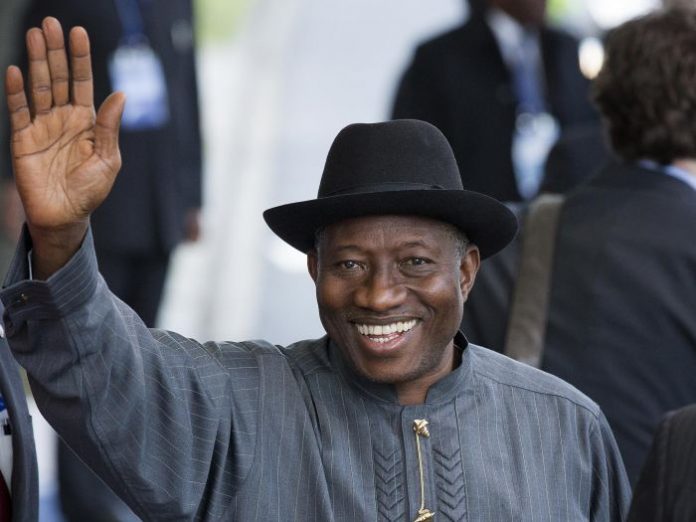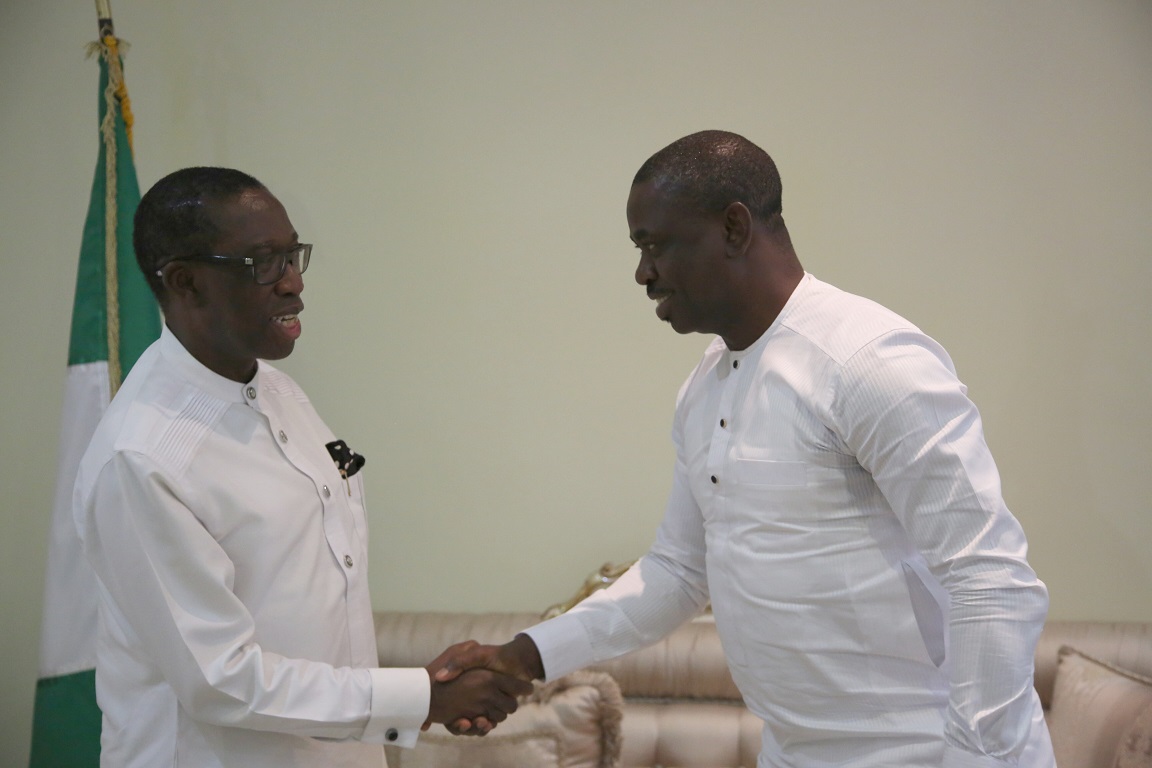Former President Dr. Goodluck Jonathan has tasked international election observers to seek to make more impact towards promoting democracy by developing a grading framework that would capture all the electoral processes in their post-election reports.
Dr. Jonathan also reiterated his call for the introduction of what he called ‘Democracy Marker’ to serve as a bench-marking system of election reporting, as a means of strengthening the efficiency and effectiveness of observer involvement in elections in emerging democracies.
The former President stated this on Tuesday in a keynote address he delivered in Abidjan, Cote d’Ivoire at the15th Annual Symposium of the Electoral Institute for Sustainable Democracy in Africa (EISA) with a theme, ‘Contributing to Credible Elections in Africa through Improved International Observation Practices’.
Jonathan said: “I feel that there is the need for an organisation like EISA, which provides technical assistance to many inter-governmental institutions on electoral matters, to lead the initiative to develop a grading system for elections, in order to encourage nations to strengthen democratic practices.
“I should point out that I had proposed what I called a ‘Democracy Marker’ to serve as a bench-marking system of election reporting, at a Commonwealth virtual programme last year. I am convinced the proposal bears repeating here because of my belief in its capacity to improve the quality of elections.
Stressing that one of the biggest criticisms against international election observation missions (IEOMs) lies with the nature of their mission statements following the election, he said: “I believe that a grading framework or template for the assessment of a country’s performance could be incorporated in the reporting manual as a way of encouraging countries to aim to improve their election records. This will indeed guide them to benchmark their performance against other democracies.”
The former President further suggested that the grading template should be aggregated into four clusters, for the sake of transparency and effectiveness. He identified the clusters as pre- and post-election assessment of how the electoral management bodies (EMBs) manage the electoral processes, the security involvement in elections and the conduct of security personnel, the actions of citizens and political parties and their behaviour on election day, as well as the discharge of judicial processes relating to the elections.
He noted that the suggested method of ranking and measurement is already being carried out successfully in other aspects of our social life.
According to him: “They are being conducted by such organisations as Transparency International which is an NGO that developed the Corruption Perception Index (CPI); the Human Rights Watch that monitors and rates nations on respect of people’s rights, Fund for Peace, which conducts the failed nations index as well as the International football federation (FIFA) which routinely ranks nations according to the performance of their national teams.
“I believe that a similar grading system, focusing on elections and determined by a body of credible election observation missions, will not only make observer reports more useful and relevant; it will also go a long way in improving the system of elections in many countries.”
Jonathan stated that the “value in inviting international observers to an election is underpinned by the belief that they play an impartial and vital role in ensuring that the elections are peaceful, transparent, free, fair, and that the outcome is accepted by voters, political parties and candidates.”
Ikechukwu Eze
Media Adviser to H.E. Dr. Goodluck Ebele Jonathan




